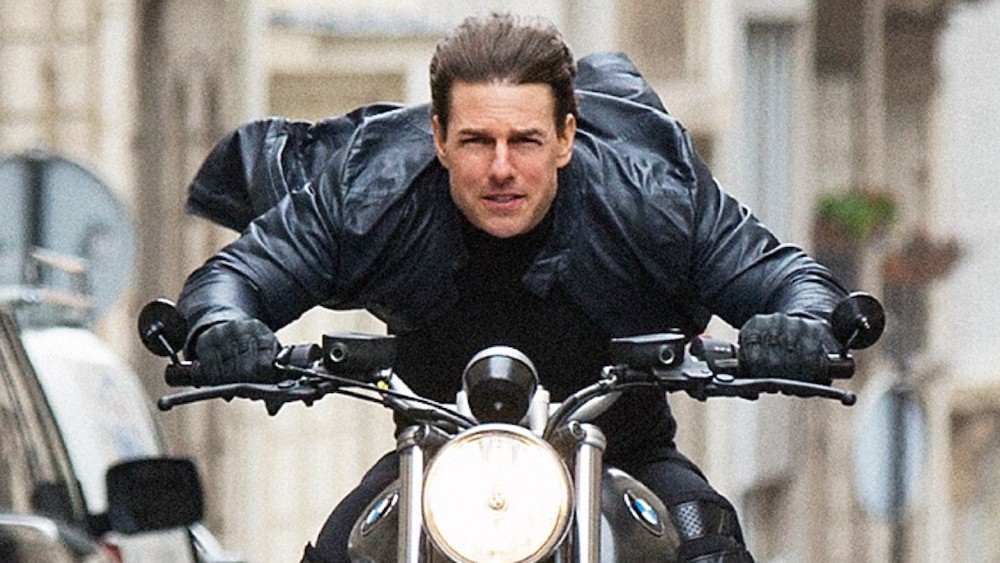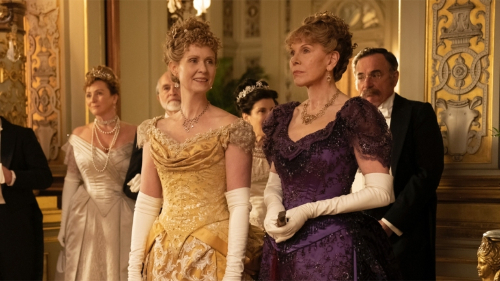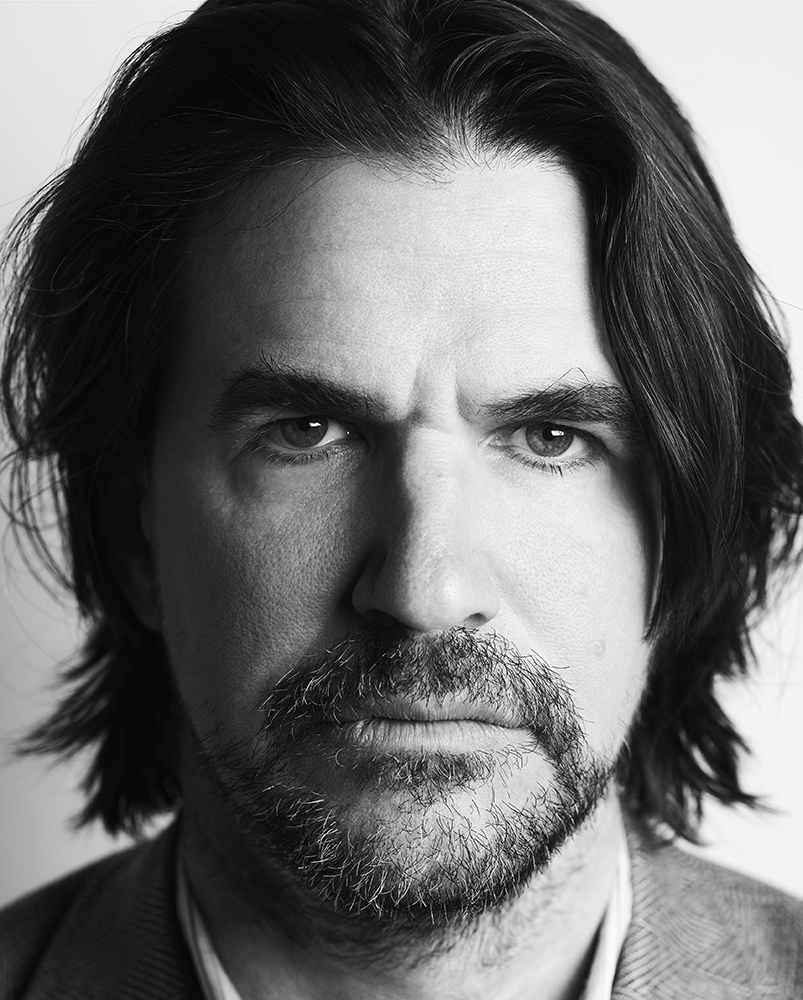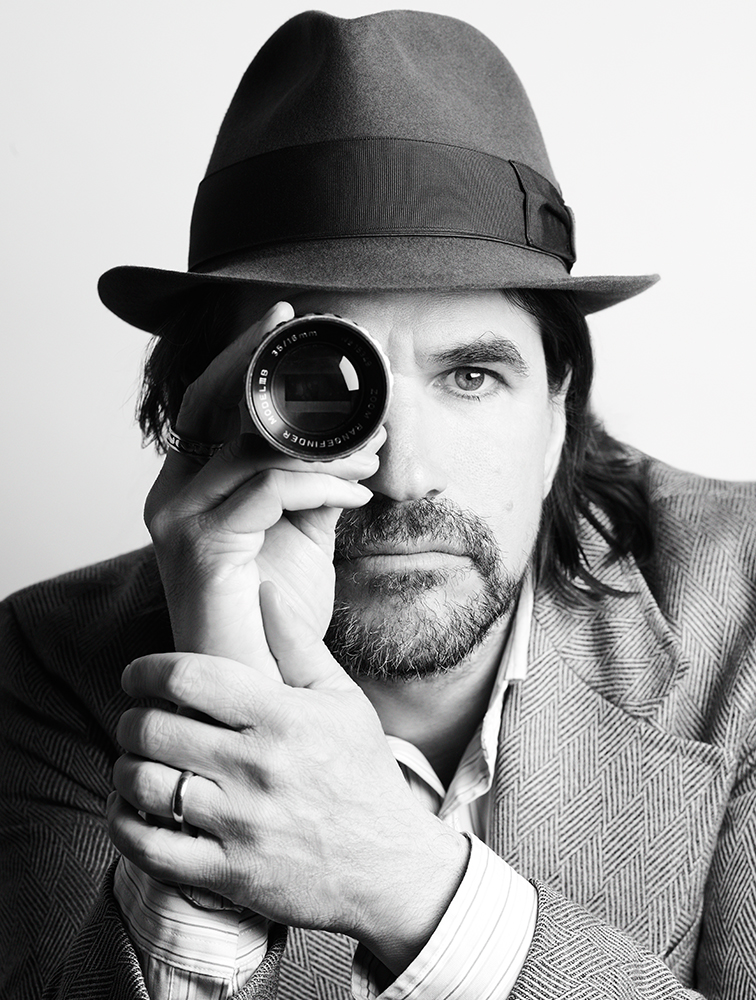
Not that we want the column to simply wind up as a kind of medical tote board, but then again, protestations to the contrary, we’re still in the throes of a pandemic. Until it all becomes endemic, at which point, we’ll have different decisions to make.
Some more productions have been delayed since we last met. The long-awaited Black Panther sequel, Wakanda Forever, gets a tad more forever-y after several cast and crew members tested positive for the bug du jour, or really, bug de l’année, or la décennie. I’d be a little hesitant to throw “du siècle” in there since the century is still young, and gives every indication of being full of many more surprises.
As for our current surprises, the next two installments of Mission: Impossible have similarly seen their releases delayed, to 2023 and 2024, respectively, because of still unpredictable audience metrics, with filmgoers still waiting out a lot of previous “surefire hits” that took an Omicron-be-damned approach to releasing.
One interesting tidbit contained in this CNBC article on the delay, however, notes how much of that franchise’s recent box office revenues have come from outside the U.S. and Canada, and how big a chunk of that comes from China, which “has been more selective about which Hollywood films it allows in theaters, meaning many blockbuster films are missing out on significant revenue.”
This gets us back to the surprises around us, and the interesting times we inhabit. That very same CNBC had an earlier article headlining the “top risk” in Asia this year — namely “U.S.-China tensions over Taiwan.”

For a Hollywood increasingly stuck with the need to haul in revenue from foreign markets, particularly China’s, to make increasingly high production budgets worthwhile, this represents a different kind of obliviousness to the world around us, separate from the insistence that audiences will imminently, doggedly return to theaters, as we have known them, no matter how precarious the world around them.
While it’s Russia’s also-imminent invasion of Ukraine (seemingly) that will be the first new global crisis of the year, one wonders what any increasingly overt moves China makes toward Taiwan could mean in terms of escalating tit-for-tat responses with the U.S., and whether that “selectivity” toward which Hollywood films get distributed there might become more selective still, throwing even more bottom lines askew in the months ahead.
The question of trying-to–please-everyone-including-the-strongmen, as entertainment conglomerates rely on multi-market tentpole films, is thrown into starker relief when you realize that strategy depends on a relatively placid world, and we are heading toward anything but.
A continually fraught planet might seem new to many who came of age in postwar America (and many who came after)– despite (or perhaps because of) the fact we were once briefly assured we were at “the end of history.” The linked article that examines both that claim and the early 90’s bestseller it prompted, concludes by saying “present trends don’t continue. They produce backlashes and reshufflings of the social deck. The identities that people embrace today are the identities their children will want to escape from tomorrow. History is somersaults all the way to the end.” Though even in the somersaults, history usually rhymes with previous versions of itself.

So it was observed by Manuel Billeter, one of the two DPs for HBO’s currently unfolding drama The Gilded Age, wherein series creator Julian Fellowes takes both the upstairs and downstairs intrigue from his earlier Downton Abbey and transports it to the late 19th-century era of railroads, bankers and robber barons in New York.
And while most of our chat, for a separate piece profiling his work on the show, talked of source lighting, LEDs in lavish chandeliers, Varicams, Cooke lenses, et al, he also noted that when he was prepping and “reading reports from the time – the way they were talking about conditions in New York,” he realized the disparities of wealth in 1882, and how the growing desperation among those not already ensconced in mansions, “could be written in 2020. The only thing that doesn’t change in New York,” he added, “is change – basically, everything changes all the time.”
Which means, perhaps, that the entire planet has become “New York” in that sense. Or likelier, is struggling through another Gilded Age, except with a pandemic and climate collapse folded in, for good measure.
As Billeter got ready to go into production a couple of years back, things were halted early due to COVID, but then “we were one of the first shows in New York to start back up, after the forced pause. It was a new world, a new set of rules that applied all of a sudden. You weren’t allowed in close contact with everyone [and] could only step on set with face shields once actors were on set. [But] we got tested all the time, so we felt safe — that’s for sure.
“It was a different world [and] that added an extra layer of fatigue, [though] in the spirit of getting it done, and working, in a way it was a small price to pay, getting tested three times a week, and wearing a mask every day.”

Of the things he misses, though, and still does on current productions, is that it was “nice seeing peoples’ faces, and being able to congregate — especially during lunch. That was maybe the biggest change… eating lunch by yourself.”
He found, of course, that also restricted a lot of the free-flow of ideas, and the nature of collaboration, which otherwise might have flourished in the buffet lines and at the tables. But, he allows, “in this business, we are quite adaptable,” adding that “the best-laid plans…often they don’t pan out .”
They have not, of late, and to a degree where even a Robber Baron (or a member of the House of Lords, like Fellowes) would be challenged to insulate themselves from.
More on our constantly somersaulting times next column.
 Mark London Williams is a BTL alum who currently covers Hollywood, its contents and discontents, in his recurring “Across the Pond” dispatch for British Cinematographer magazine, contributes to other showbiz and production-minded sites, and musters out the occasional zombie, pandemic-themed, or demon-tinged book and script, causing an increased blurring in terms of what still feels like “fiction.”
Mark London Williams is a BTL alum who currently covers Hollywood, its contents and discontents, in his recurring “Across the Pond” dispatch for British Cinematographer magazine, contributes to other showbiz and production-minded sites, and musters out the occasional zombie, pandemic-themed, or demon-tinged book and script, causing an increased blurring in terms of what still feels like “fiction.”
Mark London Williams’Union Roundup column will appear every Tuesday. You can reach him to give him tips and feedback at [email protected]. He can also be found on Twitter @TricksterInk.





